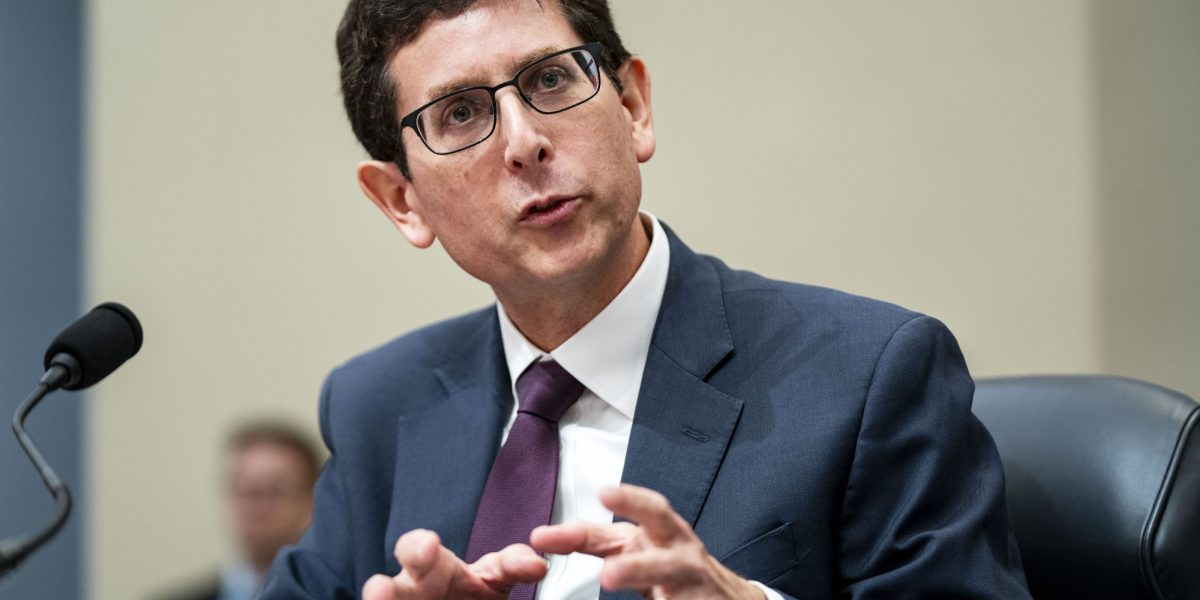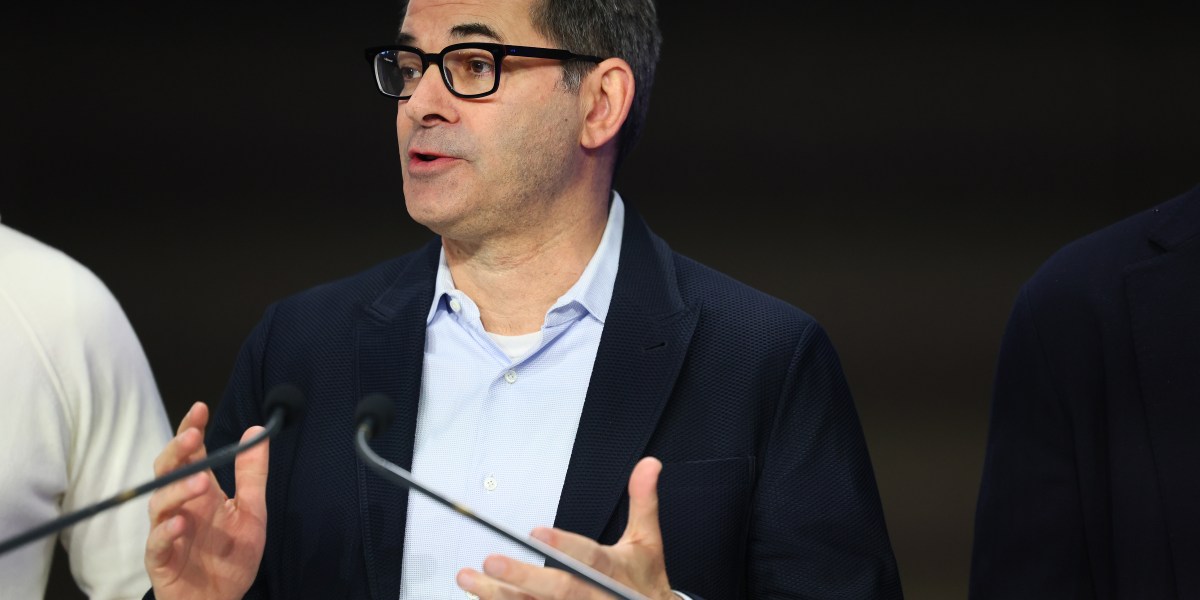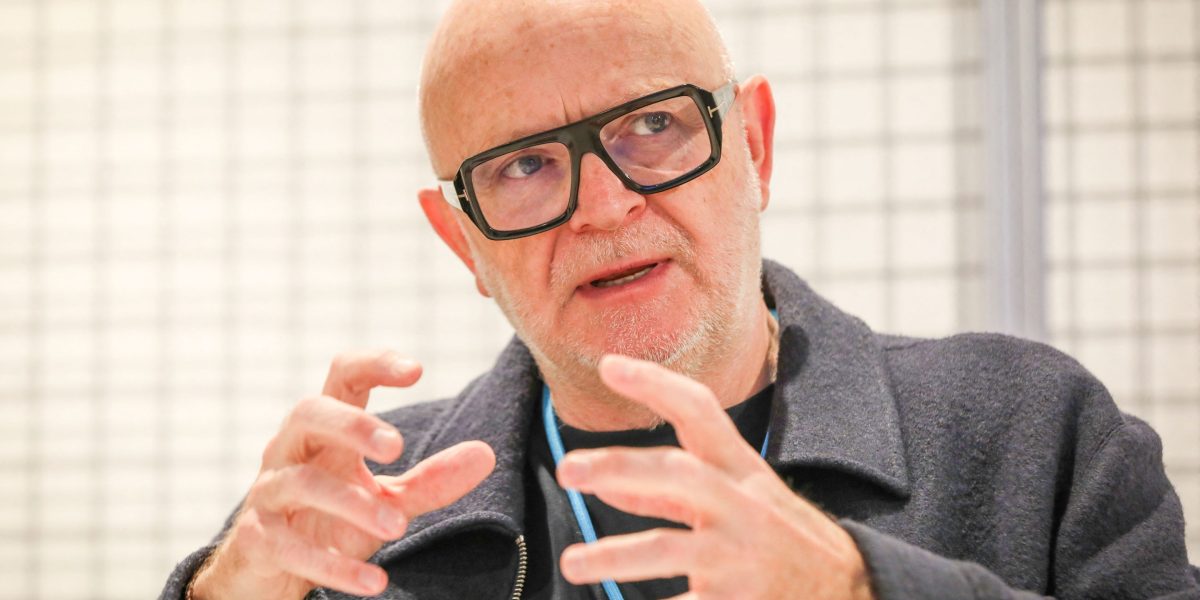Business
Trump tariffs could gross $800 billion in the next decade, CBO head says—but that doesn’t account for the backlash

Business
CoreWeave CEO Michael Intrator on capital markets vs the media
Business
Primark boss steps down after 16 years due to inappropriate ‘behaviour toward a woman’
Business
French minister says many firms won’t respond to U.S. embassy anti-DEI letter: ‘It’s out of the question that we’ll prevent our business from promoting social progress’
-

 Entertainment8 years ago
Entertainment8 years agoThe final 6 ‘Game of Thrones’ episodes might feel like a full season
-

 Politics8 years ago
Politics8 years agoCongress rolls out ‘Better Deal,’ new economic agenda
-

 Entertainment8 years ago
Entertainment8 years agoMod turns ‘Counter-Strike’ into a ‘Tekken’ clone with fighting chickens
-

 Entertainment8 years ago
Entertainment8 years agoNew Season 8 Walking Dead trailer flashes forward in time
-

 Tech8 years ago
Tech8 years agoMicrosoft Paint is finally dead, and the world Is a better place
-

 Tech8 years ago
Tech8 years agoHulu hires Google marketing veteran Kelly Campbell as CMO
-

 Tech8 years ago
Tech8 years agoFord’s 2018 Mustang GT can do 0-to-60 mph in under 4 seconds
-

 Politics8 years ago
Politics8 years agoIllinois’ financial crisis could bring the state to a halt







